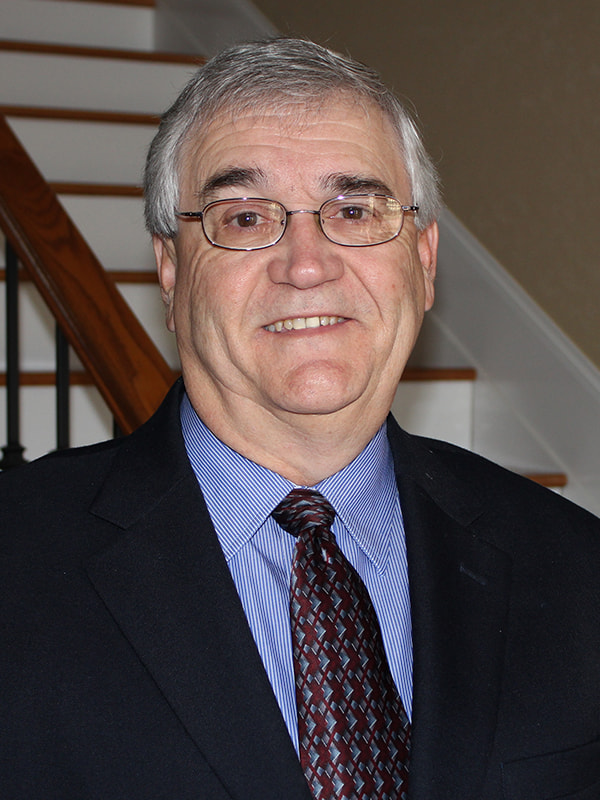Mississippi's physician workforce director brings 'Passion, Vision' to new role

Mitchell, a family physician, hospitalist with North Mississippi Medical Center in Pontotoc and faculty member with the center’s Family Medicine Residency Program, takes over from workforce interim director Dr. Diane Beebe, professor and chair of the University of Mississippi Medical Center Department of Family Medicine.
A veteran of the Medical Corps of the U.S. Army and the Mississippi Army National Guard, Mitchell is a diplomate (board-certified specialist) of the American Board of Family Medicine and recently served as chair of the physician workforce’s advisory board.
A graduate of the University of Mississippi with a Bachelor of Science in pharmacy and the UMMC School of Medicine, he began his medical career as a pharmacist before practicing medicine in his hometown.
“Dr. Mitchell brings to this office passion and vision for improving health care access in Mississippi,” Beebe said.
“From his years practicing as a rural family physician, from teaching students and residents and from his involvement in state and national medical organizations, he understands the needs of this state. I am delighted he is willing to take this challenge with us and look forward to great things.”
Created on UMMC’s campus by state legislators in 2012, the Office of Physician Workforce is on a mission to reduce the shortage of primary care doctors in a state with the lowest per capita supply in the nation.
The office oversees the state’s physician workforce development needs by nurturing the creation of family medicine residency programs, fostering the development of a physician workforce in all specialties where they are needed, evaluating the existing workforce, and establishing the state’s current and future workforce requirements.
To reach the national average, Mississippi would have to add more than 1,300 primary care physicians, whose specialties include family medicine, internal medicine, pediatrics and obstetrics/gynecology.
“I know it’s a daunting task, but desperate times are sometimes great motivators,” said Mitchell, who completed his family medicine residency in Tuscaloosa, Ala., and a primary care faculty development fellowship at Michigan State University.
His ideas for bringing change to the state include adding at least three medical residency training programs around Mississippi over the next three to five years, developing partnerships that would expand medical training opportunities in rural areas, and building a strong relationship with the Mississippi Rural Physicians Scholarship Program, which cultivates rural college students desiring to return to their roots to practice medicine.
“Where you come from, your past, probably more than anything else, has a lot to do with whether you go into primary care,” Mitchell said. “It’s called ‘the missionary zeal.’
“My idea of a physician when I was growing up was our family physician. When I became interested in family medicine, I always wanted to practice back at home.”
Mitchell is also a member of the American Academy of Family Physicians and serves as an alternate delegate to the organization’s Congress of Delegates.
He has held numerous offices with the Mississippi Academy of Family Physicians, including president, and continues to serve on the board of directors. He is also past president of the Northeast Mississippi Medical Society and past president of the Mississippi Chapter of the American Medical Directors Association.


